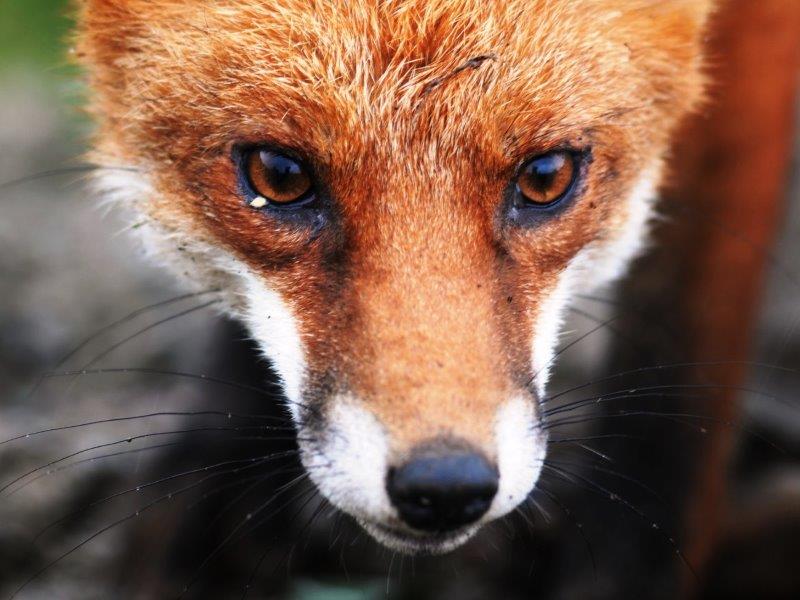
SUNSHINE Coast Council will continue its plan to protect our native wildlife and environment through its Feral Animal Prevention and Control Program.
The program focuses on preventing and controlling invasive feral animals throughout the Sunshine Coast and targets wild dogs (dogs other than domestic dogs, dingoes), feral goats, cats, deer, European foxes, and rabbits.
Environment Portfolio Councillor Maria Suarez said feral animals could cause serious issues for our environment, community, and industry.
“The program works to minimise impacts of feral animals across the region,” Cr Suarez said.
“Feral animals can prevent native regeneration, disperse weed seeds, cause erosion, damage trees, agricultural and horticultural crops and damage irrigation and fences.
“These introduced animals compete with livestock for pasture and supplementary feed and are also known to attack livestock, domestic pets, and native animals.
“They also pose a risk of spreading diseases which can impact livestock industries and human health.
“Council provides several free services to help landholders address feral animals on their property.
“In addition to proactively locating and removing feral animals, council receives almost 500 requests each year to assist the community with feral animal control.
“Council responds to these requests through a range of educational programs including one-on-one training and advice and on-the-ground support through community wild dog baiting.
“We also speak directly to our community at events and also engage with neighbouring councils to coordinate control activities and training programs.”
Council’s Coordinator Healthy Places unit Jason Brewer said council used the data and research collected through the program to make key decisions.
“Using the real results of this program, we are able to identify the presence or absence of feral animals,” Mr Brewer said.
“We use this data to guide how we educate and assist residents to minimise the impacts of feral animals on their property, pets, livestock, and agricultural crops.
“This data also guides how we implement control programs that focus on reducing the presence and destructive impact of these pest animals in our region.
“We thank the community for their strong partnership and support which helps makes this program possible.”
Under the Biosecurity Act 2014, landholders have a General Biosecurity Obligation to manage invasive pest plants and animals on land under their control.
The three-year program, endorsed by council at the August 25 Ordinary Meeting, will run from September 12, 2022, to September 11, 2025.
For information about invasive animals visit: https://www.sunshinecoast.qld.gov.au/Environment/Invasive-plants-and-animals/Invasive-animals
